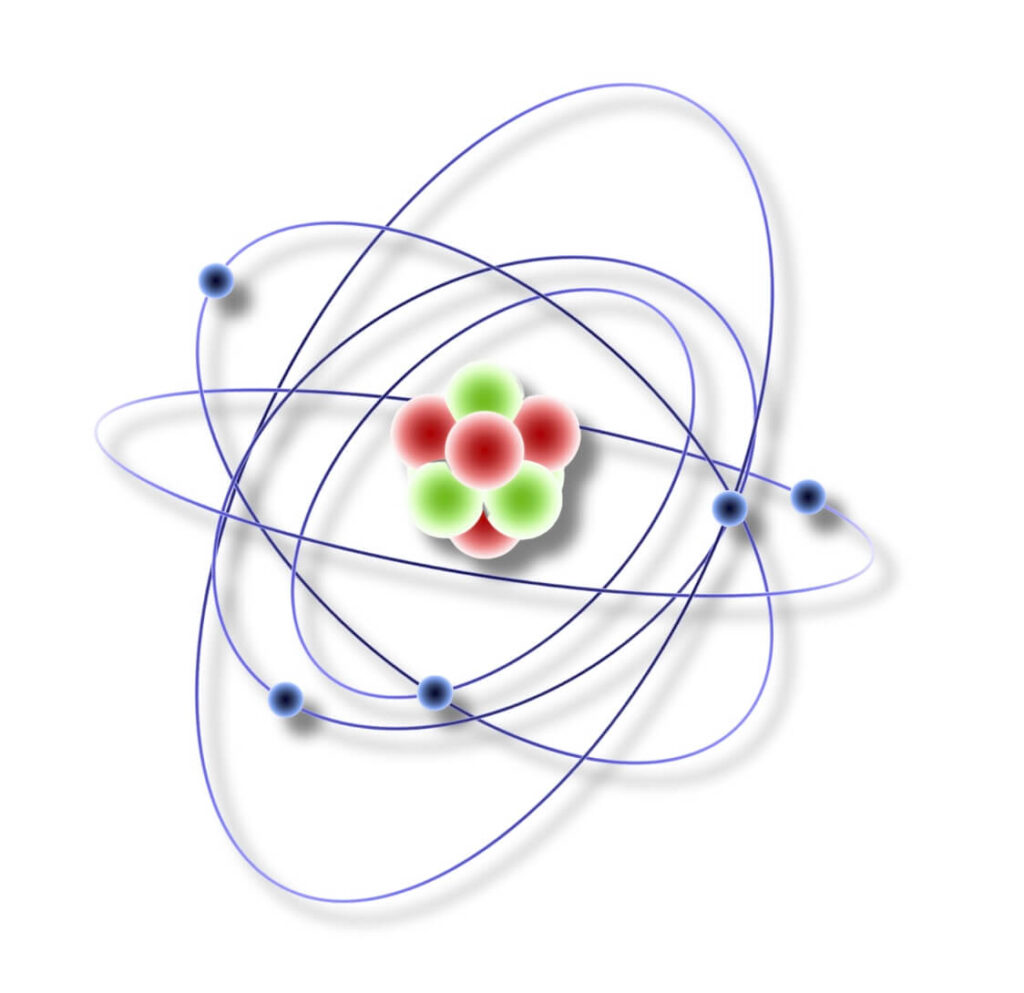In the world of quantum mechanics, there is a protagonist that challenges our understanding of reality: Heisenberg’s uncertainty principle.
In 1927, Werner Heisenberg, a young German physicist, shook the foundations of physics with a revolutionary idea. Imagine Heisenberg, sitting at his desk, probably forgetting his coffee next to him (which, ironically, was both cold and hot until he tasted it, thanks to quantum mechanics!), when he conceived the uncertainty principle.
In simple terms, the uncertainty principle states that we cannot know with absolute precision certain pairs of properties of a particle, such as its position and momentum, at the same time. The more we know about one, the less we know about the other.

Mathematically, it is expressed as Δx * Δp ≥ ħ/2. Here, Δx is the uncertainty in position, Δp in momentum, and ħ is the reduced Planck constant. But don’t worry, there won’t be a test at the end of this article.
It is crucial to understand that this principle is not a limitation of our current technology, but a fundamental characteristic of the universe. It’s like trying to listen to a melody at a noisy party; no matter how good your hearing is, there will always be a limit to what you can discern.
This principle is one of the reasons why quantum mechanics deviates so much from classical physics. In the quantum world, particles have behaviors that defy our everyday logic. It’s as if your cat decided that, instead of being in the box, it prefers to be both inside and outside at the same time.
The wave-particle duality is another strange concept of quantum mechanics. Particles can behave like waves and vice versa, which adds another layer of complexity (and fun) to the matter.
The uncertainty principle not only changed physics but also how we think about reality. It has influenced fields as diverse as philosophy, theology, and literature. In addition, it has practical applications in technologies such as spectroscopy and electron microscopy.
In the world of technology, this principle is fundamental to the development of quantum computing. Although we are still in the early stages, the potential is enormous. Imagine computers so powerful that they could make your current smartphone look like a pocket calculator.
Heisenberg’s uncertainty principle teaches us that there are limits to our knowledge, but it also opens up a universe of possibilities. In a world where certainty becomes uncertain, the only certainty is that the adventure of science is far from over.











